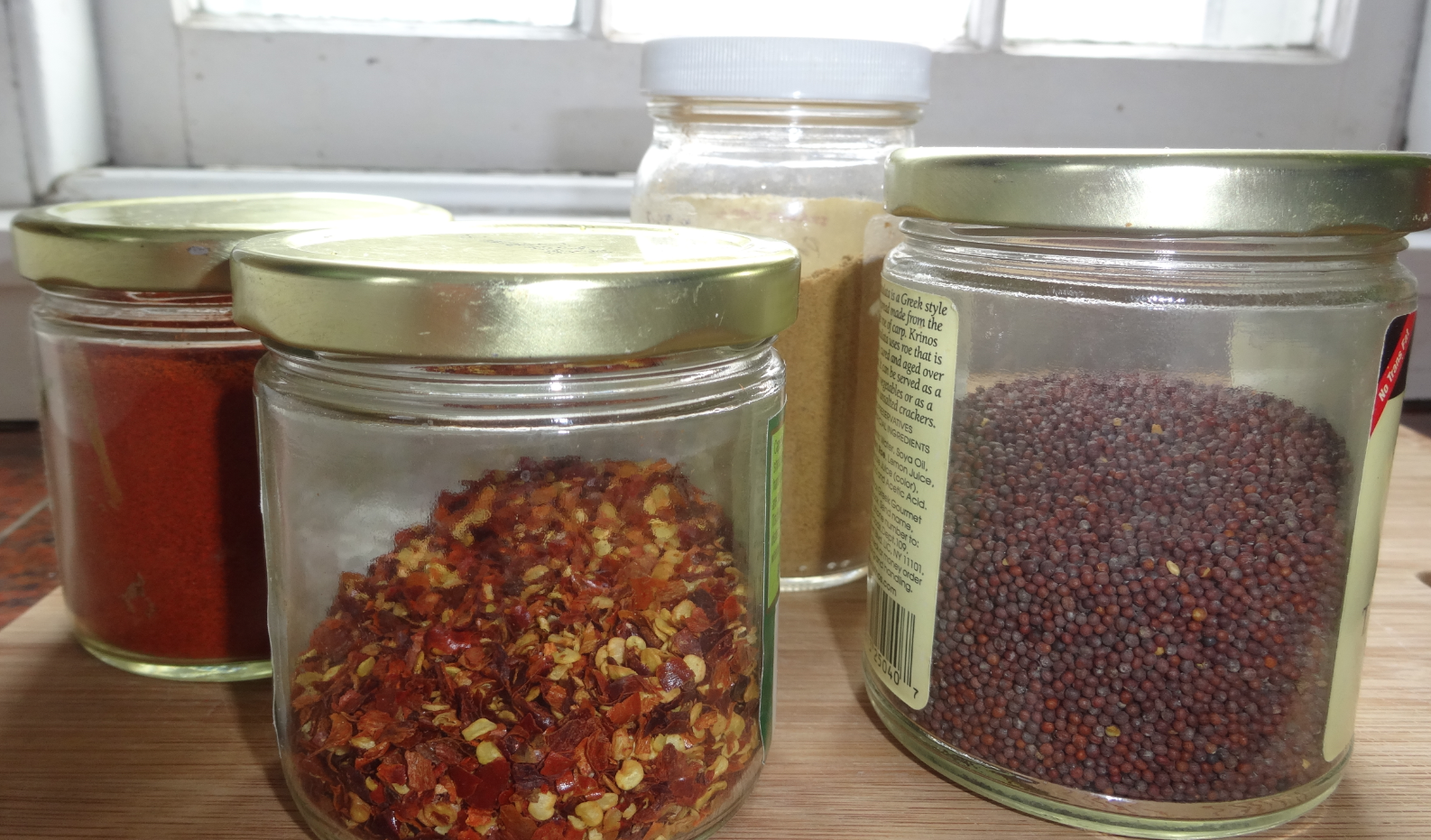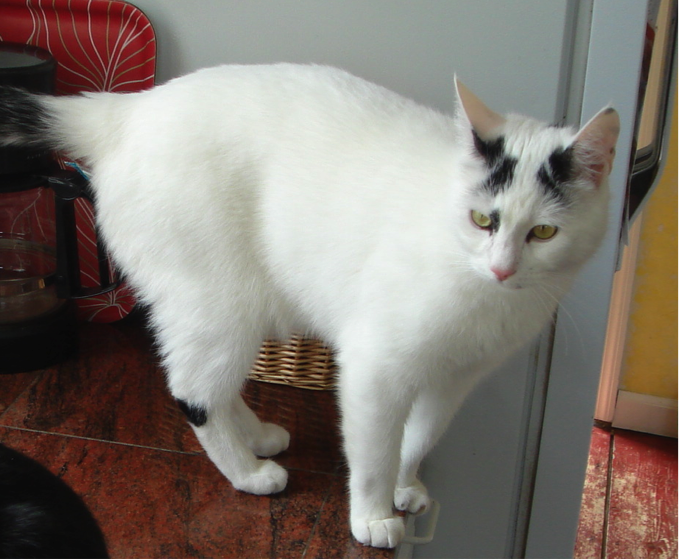Someone in my larger circle of acquaintances hated her job and "needed a break." Guess what happened next? She broke her ankle and was out on surgery, in a wheel chair, then physical therapy. She really got her break.
So are accidents really "accidents?" Do they rain down from the sky haphazardly to the unlucky, or is there more to it? I realize that some people may be hard pressed to take full responsibility for what is happening to them and considering the possibility that they create their own experiences. My pet peeve is the lawsuit against McDonald's a while back, when the company was sued by someone who suffered burns when spilling hot coffee all over herself. Was it really McDonald's fault because the coffee was too hot? Or was the woman perhaps clumsy or distracted? So much in our culture is a reaction to avoid taking responsibility.
Henry Grayson, the psychologist who recently wrote Use Your Body to Heal Your Mind, recommends inspecting what an affliction (this word is more encompassing than "illness") either prevents you from doing or permits you to experience. In the case of my acquaintance the ankle break permitted her to take needed time off from work. A cold, flu or stomach bug gives your body and mind time to rest (remember - from all the people exposed to the same virus not all get that flu or stomach bug - mmmmhhhh, why is that?). Also consider that any affliction lavishes you with other peoples' compassion, kind words and care - something we all love to experience, and some people sadly might perhaps only experience when they are sick.
What about other kinds of accidents? Some accidents may prevent you from driving for several weeks, some may prevent you from using your hand for a while. These consequences may have particular meaning to you if you ponder your circumstances. Or they may not and might be karmic.
In the end we all have to come up with our own answers to these kinds of deep and big questions, and those answers are usually very personal. But they are worthwhile pondering.













